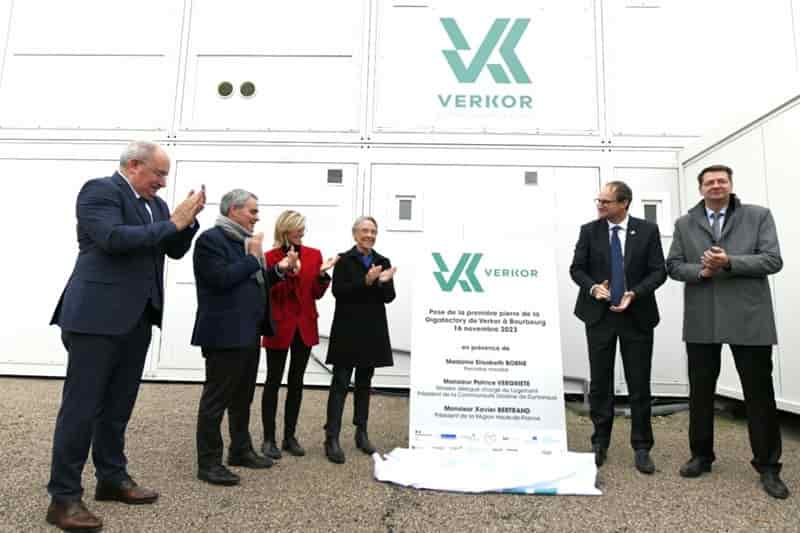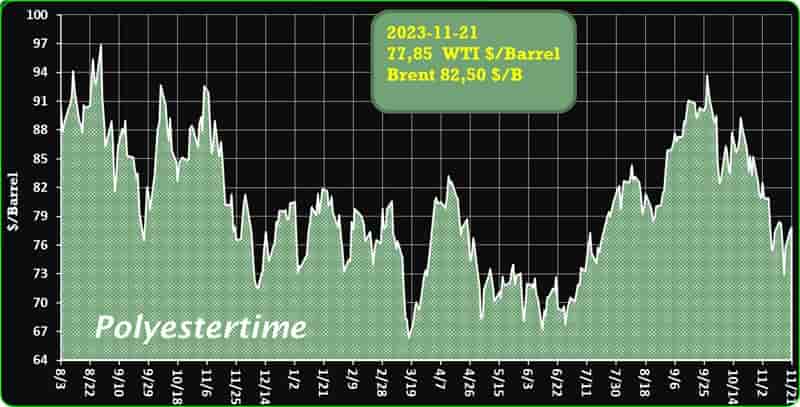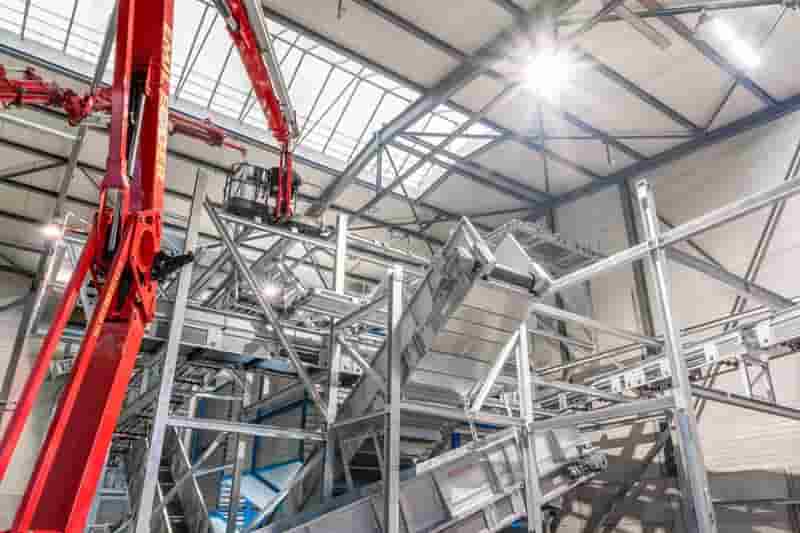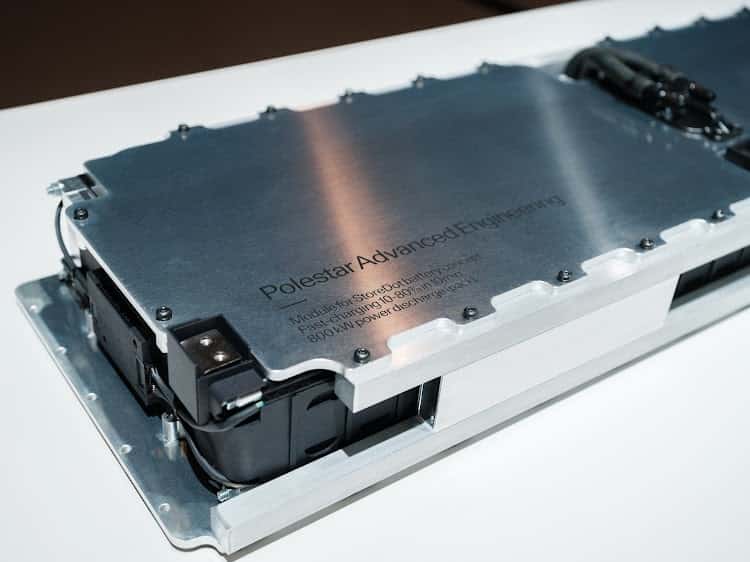Both LyondellBasell and Plastics Industry Association (PLASTICS) have goals to bring solutions to global challenges, such as helping eliminate and reducing plastic waste. Recently, both organizations came together on a project that has turned the equivalent of 71,000 plastic retail bags into the paving material of a repaved parking lot at the Cincinnati Technology Center in Ohio. This 2,885 square yard lot was made up of over 4,000 pounds of plastic waste and was the first installation of the New End Market Opportunities (NEMO) for Film Asphalt Project. Plastic recycled
The NEMO Recycled PE project was launched in 2017 in Washington state and aims to better understand the different streams of polyethylene films and identify end-market opportunities for recycled films. The NEMO Asphalt Working Group initiated research on the use of recycled polyethylene (rPE) film blends in asphalt. With a focus on extending the life of plastic waste, this research project if successful, could be used in paving an even larger parking lot using 20,000 pounds of rPE or the equivalent of 1.5 million plastic grocery bags.
“Through this unique project, the LyondellBasell team demonstrates how all plastic can and should be used to its highest potential,” said PLASTICS’ President and CEO Tony Radoszewski. Plastic recycled
The Cincinnati Technology center assists customers in meeting their business and sustainability goals by developing the most efficient and effective polymer materials required for product performance. LyondellBasell partnered with Colas Solutions, the National Center for Asphalt Technology (NCAT), and Barrett Paving Materials Inc., to bring the project to life.
“LyondellBasell is taking a leadership position in sustainability, and this is one step of many that affirms our commitment in playing an active role,” said Chuck Holland, Site Manager of the Cincinnati Technology Center.
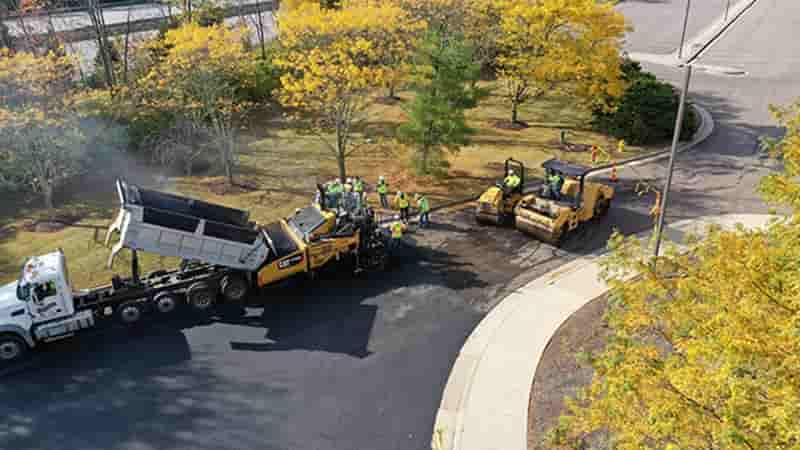
The Italian masterbatches hub is born
The emergence of the Italian masterbatches hub takes a significant stride as Koinos Capital completes the acquisition of Pavia-based Masterbatch, marking another strategic move following the takeover of Milanese Ultrabatch in July.
This development culminates in the formation of the Impact Formulators Group, positioning itself as a robust entity in the masterbatch formulation landscape.
With an eye on further expansion, additional operations are on the horizon for the burgeoning group. Plastic recycled
Masterbatch, established in 2003 and situated in Casei Gerola within the province of Pavia, stands as a key player in the field.
Led by founders Maurizio Garbelli and Stefano Battaini, the company focuses on the production of additive masterbatch primarily tailored for flame retardancy in construction and electrical cable sectors.
Additionally, Masterbatch manufactures nucleating concentrates and combibatches, seamlessly blending additives and colors.
The company’s 2,500 m2 facility in Casei Gerola boasts an annual production capacity of 1,700 tonnes, generating a turnover of 12.5 million euros, half of which is derived from international markets, notably Germany and France. Plastic recycled
With an impressive average annual growth rate of 18%, Masterbatch has established itself as a force to be reckoned with in recent years.
The amalgamation of Masterbatch with Ultrabatch, which became part of the group just four months ago, propels Impact Formulators Group to a formidable 40 million euros in turnover. Plastic recycled
The ambitious vision includes doubling this figure by 2025 through a combination of organic growth strategies and strategic acquisitions within the sector.
Francesco Fumagalli, Founding Partner of Koinos Capital, emphasizes the tangible realization of their vision through the Masterbatch acquisition, solidifying the group’s position as an Italian industrial powerhouse with global aspirations.
Fumagalli lauds the collaboration with entrepreneurs Maurizio Garbelli and Stefano Battaini, underscoring their shared commitment to building a dynamic project by leveraging collective know-how, assets, networks, and commercial strength.
Looking ahead, Fumagalli reveals plans for additional operations in the sector, with a keen focus on color masterbatch and additives for PET, technopolymers, and polyolefins.
Ultrabatch, founded in 2003 in Castano Primo, Milan, specializes in formulating masterbatches for applications in the agricultural and industrial sectors.
Achieving a turnover of over 30 million euros last year, Ultrabatch maintains an annual growth rate of 10% since 2017, with 40% of its production distributed internationally, particularly in Europe and North Africa. Plastic recycled
The synergy between Ultrabatch and Masterbatch positions Impact Formulators Group as a formidable force in the ever-evolving masterbatch formulation industry.
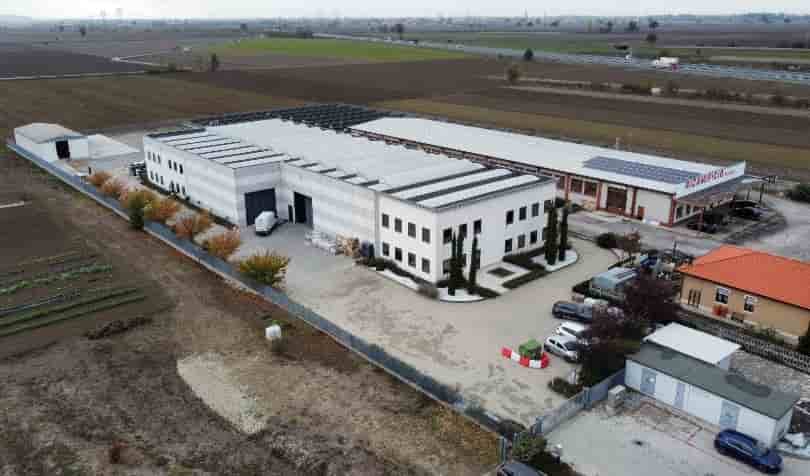
Judge says Ottawa listing plastic items as toxic was ‘unreasonable and unconstitutional’
A Federal Court judge has ruled that a federal government decision to list plastic items as toxic was “unreasonable and unconstitutional.”
In a ruling released Thursday, Justice Angela Furlanetto wrote that the category of plastic manufactured items was too broad to be given a blanket toxicity label under federal law.
“There is no reasonable apprehension that all listed [plastic manufactured items] are harmful,” Furlanetto wrote. Plastic recycled
The case was brought forward by a group of major industrial players in plastics, including Dow Chemical, Imperial Oil and Nova Chemicals. They argued that Ottawa failed to demonstrate it had enough scientific evidence to justify the regulations.
Environment Minister Steven Guilbeault said the federal government is reviewing Thursday’s decision and is “strongly considering an appeal.”
“Canadians have been loud and clear that they want action to keep plastic out of our environment,” he said in a statement posted on X, formerly Twitter. “That’s what we’ll keep fighting for.”
The move to list plastic items as toxic was a key step that allowed Ottawa to proceed with a ban on some single-use plastic items. Those regulations will prohibit the sale of plastic checkout bags, cutlery, food service ware, stir sticks and straws in Canada after December 20. Plastic recycled
Lindsay Beck, a lawyer who acted on behalf of environmental groups that intervened in the case, called Thursday’s decision “disappointing.”
“We know that plastic pollution is one of the major environmental crises of our time and this [ruling] really hampers the federal government’s ability to come to grips with this crisis,” Beck told CBC News.
Regulating waste management is generally a provincial responsibility. The government is only able to regulate substances for environmental protection if they are listed as toxic under the Canadian Environmental Protection Act.
But Furlanetto wrote that adding a broad category of plastics to the list went beyond the rules of the Act. Plastic recycled
“Not every item within [the plastic manufactured items category] has the potential to create a reasonable apprehension of harm,” Furlanetto wrote.
The judge also wrote that Ottawa’s decision “poses a threat to the balance of federalism” because it didn’t restrict its regulations to those plastics that have “potential to cause harm to the environment.”
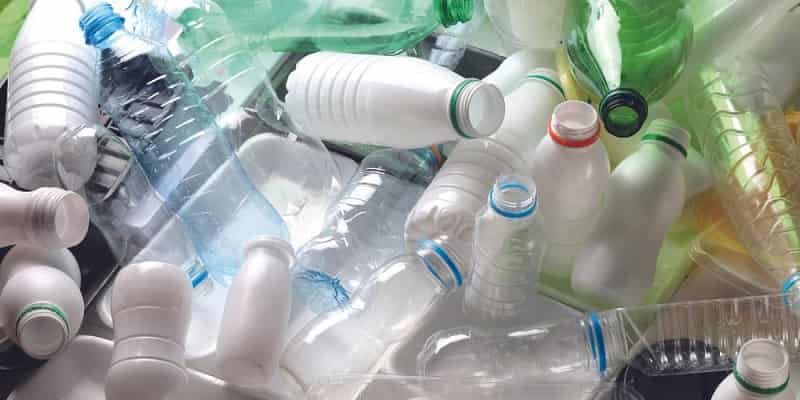
Covestro Forges Multiple Strategic Partnerships with Carmakers in China
Article-Covestro Forges Multiple Strategic Partnerships with Carmakers in China
While economic growth in China may be decelarating, Covestro is accelerating its activities on the mainland through strategic partnerships in the automotive sector with several local players. Three such tie-ups were announced at the recent China International Import Expo (CIIE) in Shanghai. Plastic recycled
First, Covestro formalized a strategic partnership aimed at advancing vehicle display technologies with Changzhou Talent-display Optronics & Technology (CTOT), which focuses on the enhanced application of specialized polycarbonate (PC) films to improve vehicle displays.
As automobile technology continues to progress in areas like integration, intelligence, electrification, and data connectivity, the importance of displays as an interface for human-vehicle interaction is growing. Manufacturers not only need to ensure the reliability of these displays but offer flexibility in design to accommodate the rapid changes in new-energy vehicles. In response, Covestro has teamed up with CTOT, a leading manufacturer of backlight modules, to explore tangible solutions. The partnership has already led to the release of Makrofol LM807, a high-quality PC light guide plate material designed for vehicle displa future mobility challenges Plastic recycled
The second partnership unveiled at CIIE was the establishment of a joint laboratory with Chinese premium electric vehicle brand HiPhi to address key challenges in future mobility. The joint lab will mainly focus on the commercialization of low-carbon materials in future EV models and the establishment of relevant standards, as well as the development of next-generation smart-surface technologies and battery solutions. This initiative builds upon a cooperation agreement signed between the two companies at the CIIE last year.
As EVs becomes increasingly smarter, headlights present new opportunities beyond illumination, according to Covestro. The headlight lenses on the HiPhi Y, for example, are transformed into a projector to display signs and patterns in front of the vehicle, creating an interactive interface with pedestrians and other vehicles. Covestro’s high optical performance Makrolon AL offers the needed dimensional stability, UV resistance, and transparency required for this application. Plastic recycled
Further, in the HiPhi Y’s LiDAR lenses, the Makrolon AX portfolio demonstrates superior performance compared to glass, including infrared transmittance, the ability to shape curved surfaces, and impact resistance against stone chips. The materials can also endure the working environment of LiDAR at temperatures reaching 115°C for extended periods.
Polyurethane on the inside
Covestro’s third initiative announced at CIIE was a global partnership with Chinese automotive trim company Xinquan Automotive to strengthen the latter’s business in China and support Xinquan’s expansion into North America, Europe, and ASEAN countries. The material focus will be on polyurethane (PU), initially for automotive interior applications, such as instrument panels, door panels, and center armrests. Expanding on the technical collaboration, Covestro and Xinquan will also harness Covestro’s global R&D capabilities to develop low-carbon PU solutions for vehicle interiors by using partially bio-based raw materials. Plastic recycled
The cooperation also extends to the development of PU applications for electric vehicle battery packs.
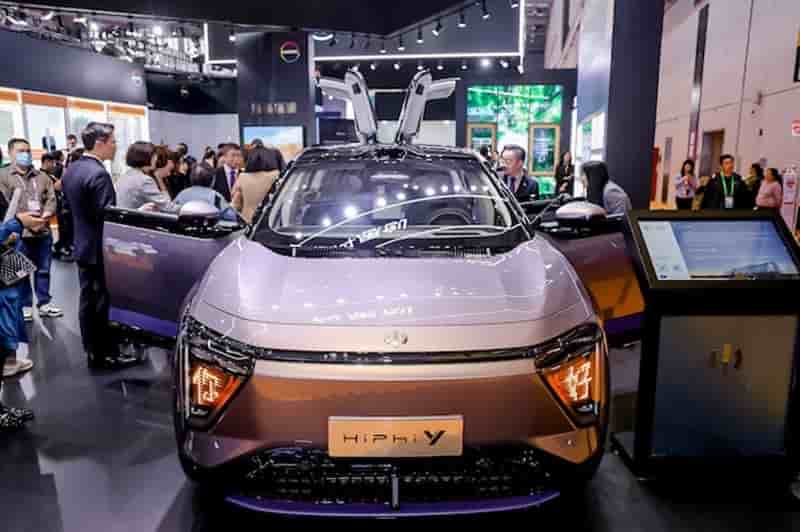
Verkor marks new milestone in future of sustainable mobility, laying the foundation stone of its Gigafactory
Verkor, joined by the Prime Minister and other members of Government, laid the foundation stone of its Gigafactory aimed to produce low carbon, high-performance electric batteries for sustainable mobility. An event made possible by the European Commission’s validation of French support of 659 million euros for Verkor’s development activities and direct and indirect support for the project of up to €600 million from the European Investment Bank, subject to final approval, as part of the €2 billion financing package announced by Verkor last September.In the presence of Prime Minister Elisabeth Borne, Minister of Energy Transition Agnès Pannier-Runacher, Delegate Minister of Housing and President of the Urban Community of Dunkirk, Patrice Vergriete, President of the Hauts-de-France region Xavier Bertrand and Ambroise Fayolle, Vice-President of the EIB, Verkor officially inaugurated the construction of the Gigafactory located in Dunkirk. The event highlights Verkor’s determination to advance quickly and concretely develop a European, resilient and sustainable battery value chain. Plastic recycled
Verkor’s Gigafactory will be operational by 2025 with an initial production capacity of 16GWh/year. Located in the Port of Dunkirk, it will contribute to the creation of approximately 1200 jobs and 3000 indirect jobs. The industrial project positions Verkor as a major partner for mobility and stationary storage players, developing high-performance, low-carbon batteries in Europe, in favour of the energy transition.
The construction of this European production site for high-density, high-performance, low carbon batteries for electric vehicles and stationary storage is made possible through the financial support of multiple stakeholders.
Last September, Verkor announced the company had secured 2 billion euros in funding through a Series-C of €850m, direct and indirect banking support for the project of up to €600m from the European Investment Bank (subject to final approval), and national subsidies of approximately €650m recently approved by the European Commission in the context of the state aid framework for research and development and innovation (RDI framework). Plastic recycled
